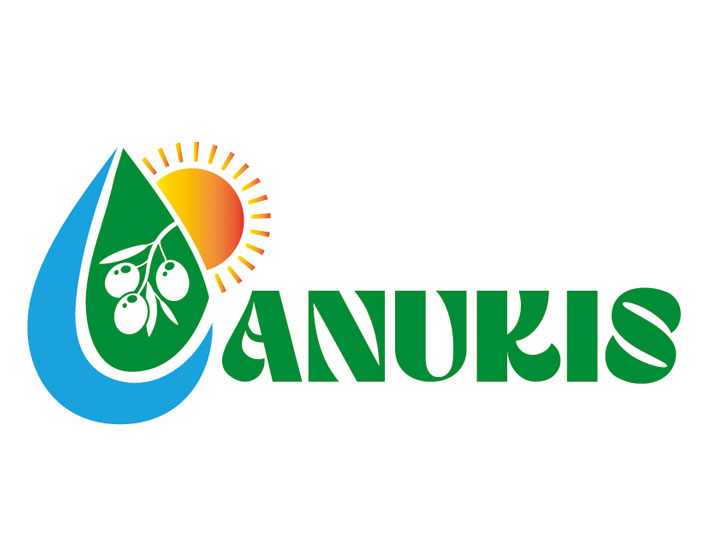Participants
Functional Units “Environmental Analysis” and “Water Treatments”
Contacts
J.A. Sánchez Pérez (jsanchez@ual.es)
A. Agüera (aaguera@ual.es)
Funds:
Ministry of Science and Innovation
(PDC2021-121772-I00)
Current Situation:
In progress
Summary
Water scarcity is a growing problem in Spain, aggravated by the impacts of climate change, and Almeria is particularly threatened by water stress. Among the solutions to this problem, urban wastewater reclamation can play a key role as a source of non-conventional water for agricultural irrigation. New advances in treatments based on solar radiation are promoting their application for wastewater reclamation. Among them, the solar photo-Fenton process has demonstrated its effectiveness for wastewater disinfection and micropollutant removal, due to the large amount of hydroxyl radicals (HO•) generated through the catalytic cycling of iron ions (Fe2+ y Fe3+) activated by UV-vis radiation and their reaction with hydrogen peroxide. It is considered as a treatment with a lot of potential due to the abundance of iron in nature and its low toxicity, and that H2O2 is easy to handle and environmentally safe. As the fundamentals of the photo-Fenton process have been extensively studied in previous projects, the ANUKIS project addresses the need for new engineering developments in continuous flow photoreactors for urban wastewater disinfection and micropollutant removal, a pending subject for technology transfer to the water industry.
A demonstration plant will be built and will operate at the WWTP in Uleila del Campo, Almeria, a small rural town (750 inhabitants), which is operated by the company “Calares Obras Servicios y Medioambiente S.L.”, which supports the project and is very interested in exploiting the results.
As for the socio-economic impact of the ANUKIS project, the WWTP currently discharges into the public water domain and tertiary treatment would allow the reuse of this water to irrigate olive groves or improve the recharge of the overexploited aquifer. Moreover, the replicability of the results in other water-stressed populations would promote reuse for irrigation, improve the benefits of agriculture and create new jobs by fixing the population in rural areas. In terms of technological maturity level, the proposal will start at TRL 5 and is expected to reach TRL 8. Thus, the ANUKIS project will demonstrate a new solar-based solution for the sustainable and safe production of reclaimed water for agricultural irrigation.
Objectives:
The general objectives of the ANUKIS project are the construction of a prototype, on a demonstration scale, of a continuous reactor for solar photo-Fenton to regenerate urban wastewater, as well as the protection of the knowledge acquired, in order to allow its commercial exploitation. The photoreactor will be a low-cost raceway pond reactor (RPR) with high treatment capacities (around 400 m3/m2 per day). To this end, the following specific objectives will be addressed:
- Analysis of the technical and socio-economic feasibility of wastewater reclamation using the solar photo-Fenton process.
- Construction and operation of a demonstration-scale RPR prototype as tertiary treatment in a WWTP located in a rural area.
- Establishment of the knowledge protection procedure.
- Establishment of a business plan to transfer the technology to the water industry or create a spin-off.

